Back in June this year, Shell Ventures, Rockstart and Yes! Delft teamed up for the third edition of the New Energy Challenge 2018. It is a competition meant for the energy startups and focuses on the startups offering energy technologies and smart energy solutions for the ecosystem. These startups aim to meet the growing energy demand and reduce the impact on the environment.
On October 19, the Haarlem-based startup Asperitas won the New Energy Challenge 2018. The Dutch startup offers a unique solution called Immersed Computing based on liquid cooling for data centers has been rewarded with a cash prize of €100,000.
What is New Energy Challenge?
The New Energy Challenge believes the importance of cooperation in the transition to low carbon energy. It focuses on the collaboration between startups as it can speed up the development and implementation of breakthrough technologies. Since it started, startups from Europe and Israel take part in the competition, and 10 finalists get shortlisted for the finals.
How it benefits startups
The New Energy Challenge offers many benefits to the startups. It rewards them with €100,000 by Shell Ventures, direct entry to the startup programs, coaching and advice from world-class experts and a personal Shell mentor, an opportunity to pitch before Shell Ventures investment committee, and at least one year of business advice from Shell Ventures.
The two runners-up
While Asperitas won the New Energy Challenge 2018, there were two runners-up as well, including Enapter Lancey and Energy Storage. These runners-up will gain access to the accelerator programs of Rockstart or Yes! Delft to improve their business.
Enaper with offices in Italy, Germany and Thailand offers a robust and recyclable and storage solution with high capacity. In France, the startup provides a new generation of electric heating radiators contributing to the better integration of renewable energy sources in order to reduce heating costs.
Immersed Computing technology
Founded in 2014 by Rolf Brink and Markus Mandemaker, Asperitas launched its first solution in 2017. The demand for data centers is increasing rapidly as there is an increase in data consumption. However, the data centers require refrigeration and a lot of energy. To reduce the energy footprint, the startup came up with the Immersed Computing technology.
50% reduced energy
This technology is based on the existing liquid immersion cooling technologies, but it integrates power and network components. This way, it improves the cooling physics and ensures proper design and engineering. This reduces the energy footprint of a data center by 50%. Moreover, the electricity used is converted into a practical, scalable and valuable source of heating as it can give hot water of 65 degrees Celsius.
Why Asperitas?
The 10 finalists that took part in the competition had to present their energy solution in front of the jury. Also, the jury praised Asperitas for its efficient solution to energy saving and the reuse of energy in the data center sector.
When it comes to winning the New Energy Challenge 2018, Maikel Bouricius, Marketing Manager of Asperitas said, This is a great day for Asperitas Winning the New Energy Challenge shows that we, as a clean tech company, is on track to green the data center industry after two years.. development, we launched our first solution in 2017, we implemented the first projects this year and we expect to win this award, our development can accelerate even further.”
Regarding the competition, Geert van de Kite, the Vice President of Shell Ventures said, “Cooperation between start-ups, entrepreneurs and companies is essential to accelerate a true transition to a new energy, it is clear that the world will need more and cleaner energy in the coming decades to meet growing demand. . to achieve this, the complete dedication, innovation and ingenuity required of multiple actors. Our winners have demonstrated these qualities.”
Stay tuned to Silicon Canals for more updates in the tech startup world.



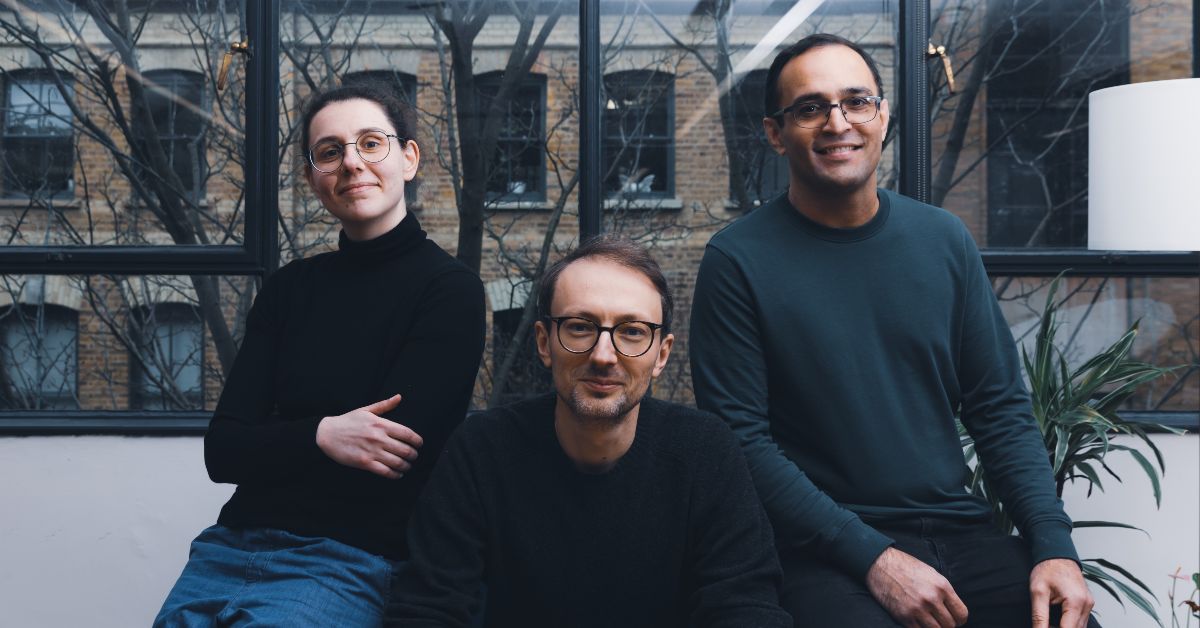
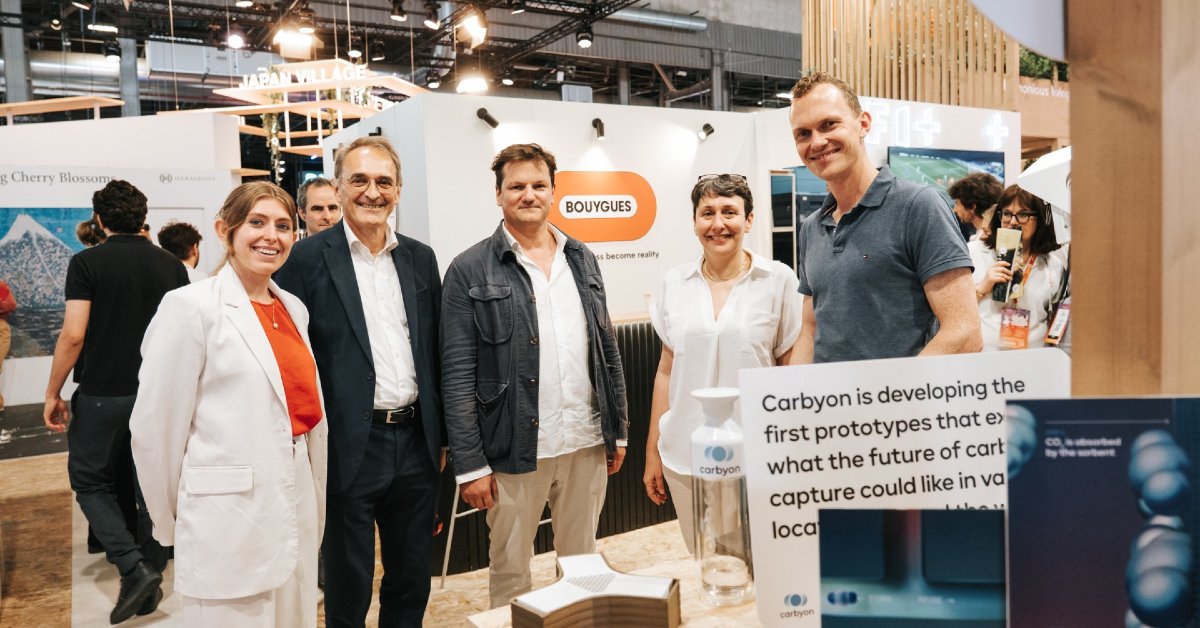
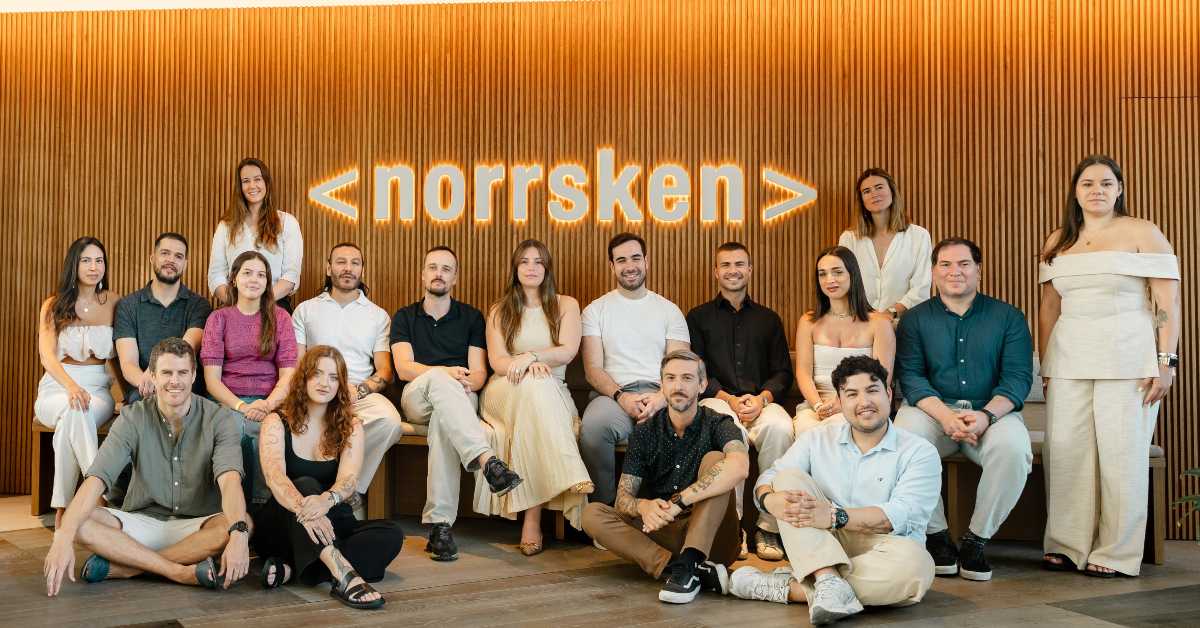
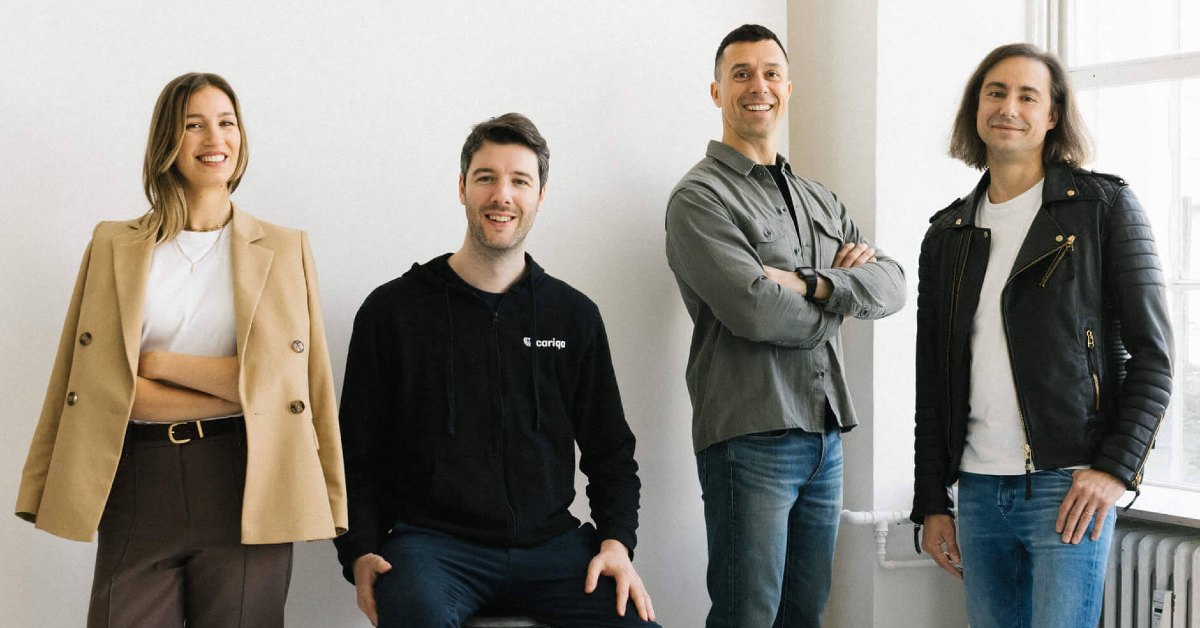

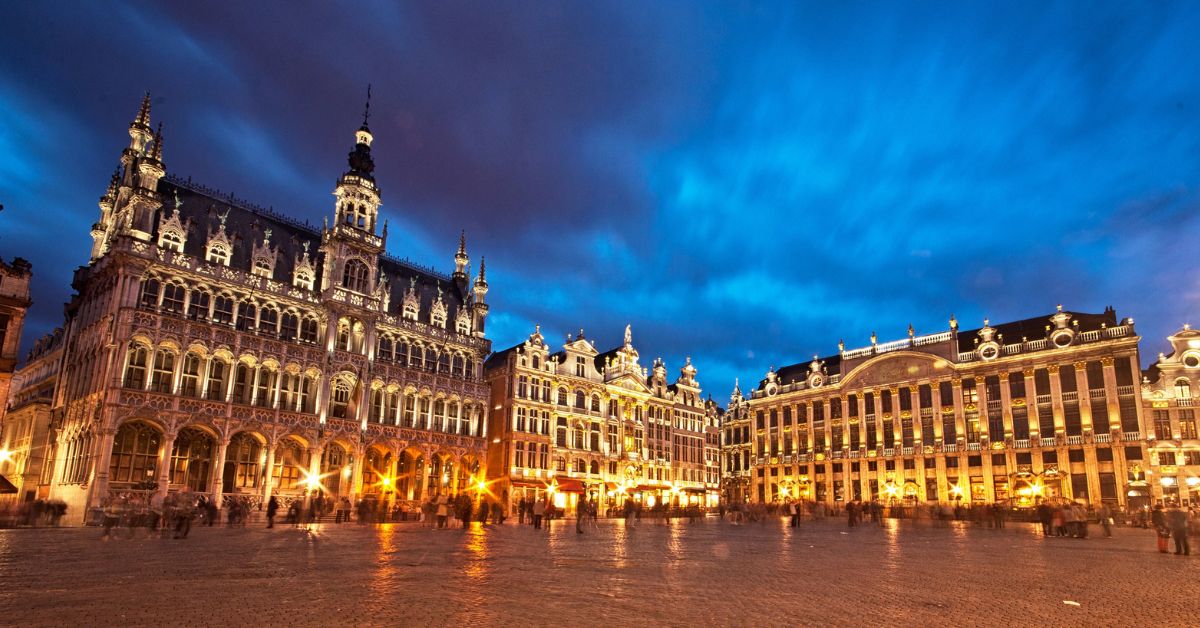

01
From telecom veteran to Dutch Startup Visa success: The Jignesh Dave story